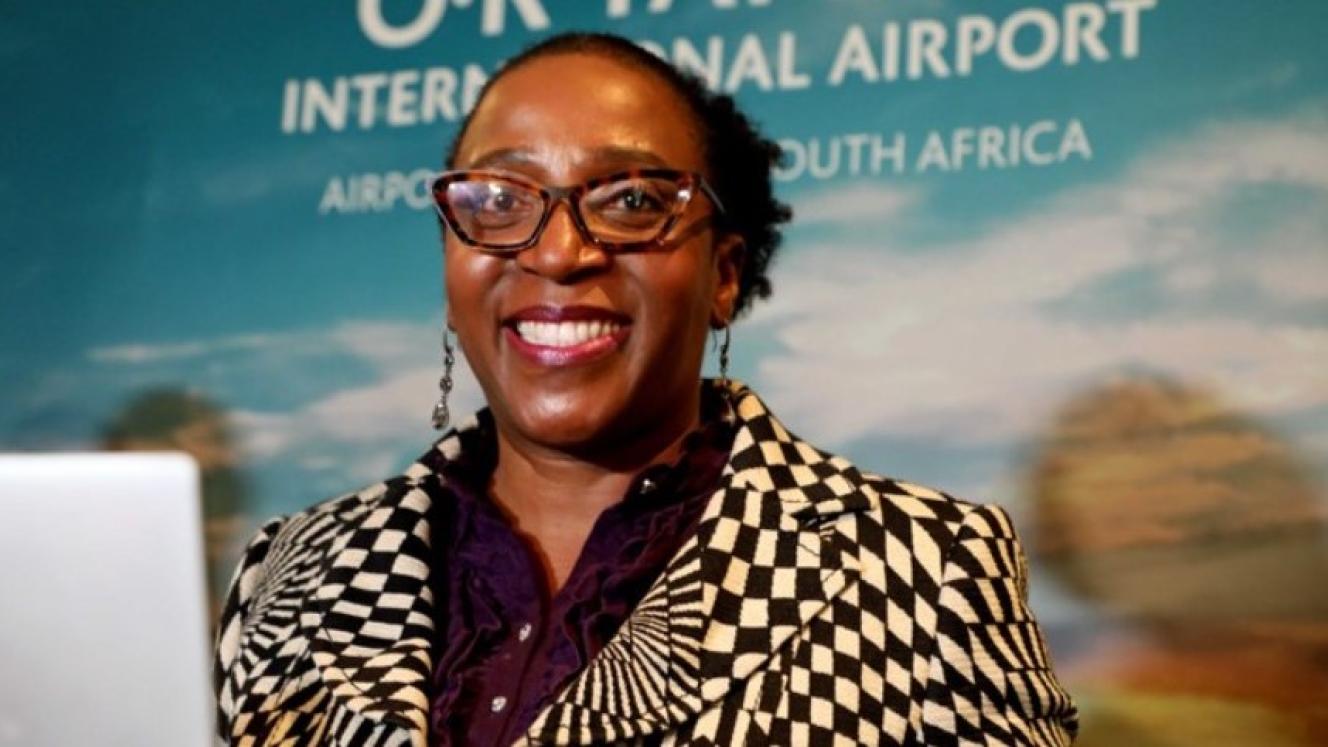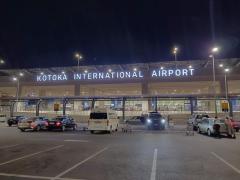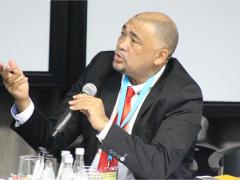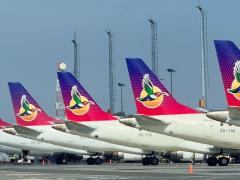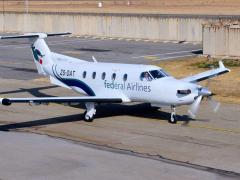Acsa has reported a nett profit of R1,1 billion for the financial year ended March 31, marking a 136% increase year-on-year.
Revenue grew by 13% to R7,9 billion, supported by R4 billion in aeronautical revenue. Luzuko Mbotya, Acsa CFO, said the growth was a result of increased passenger traffic across all international airports.
Earnings before interest, tax, depreciation and amortisation (EBITDA) rose to R2,9 billion, reflecting a margin of 37%.
The company’s debt decreased from 17% last year to 8% this year.
“Our performance this year has been a story of contrasts, strong financial delivery on one hand, and operational headwinds on the other. While these challenges were significant, they taught us valuable lessons to focus on preventative maintenance and avoid service disruptions for our stakeholders the airlines and passengers,” said Acsa CEO, Mpumi Mpofu.
“This we will achieve through continuous improvement, targeted infrastructure investment and enhanced operational readiness and customer experience.”
Improved infrastructure
Acsa will implement a R21,7 billion capital investment pipeline over the next five years, with flagship projects at OR Tambo International Airport, Cape Town International Airport and other key regional airports.
While the investment will be used for maintenance and repairs, it will also go towards projects to expand facilities, such as the construction of a midfield passenger terminal at OR Tambo and the extension of domestic departure lounges, gates and the arrival terminal in Cape Town.
Mpofu acknowledged past mismatches between project execution and infrastructure weaknesses.
“That taught us that we need better asset management and predictive maintenance programmes that prioritise which projects to do first. Rather than only completing projects because they are first in the schedule, we will focus on the projects that have direct operational impacts to prevent negative effects, delays and disruptions,” she said.
Upcoming audit
Acsa’s audit for the financial results for 2023/24 saw findings for irregular expenditure and improper tender processes. Acsa’s board pre-emptively appointed an independent company to investigate reported procurement irregularities for this financial year, as reported by Travel News.
“We are going to strengthen our controls, governance and supply chain, especially in light of the R21,7 billion investment. Our procurement processes have to be corruption-proof and free from unethical behaviour and interference. The system that we are putting forward in our procurement process will protect this investment and prevent leakage,” said Mpofu.
“All of this is funded by passengers and airlines through the fees we charge and therefore our levels of accountability for what we invest in and how we manage our money is a top priority. We need to remain committed to a clean audit.”
